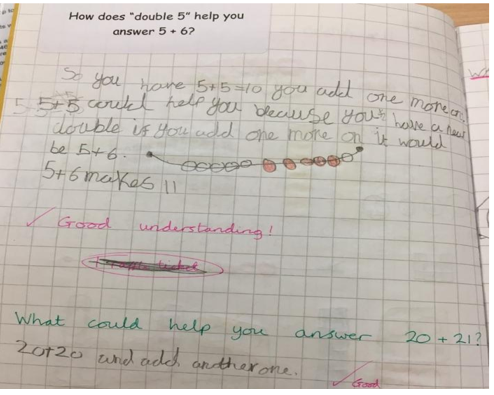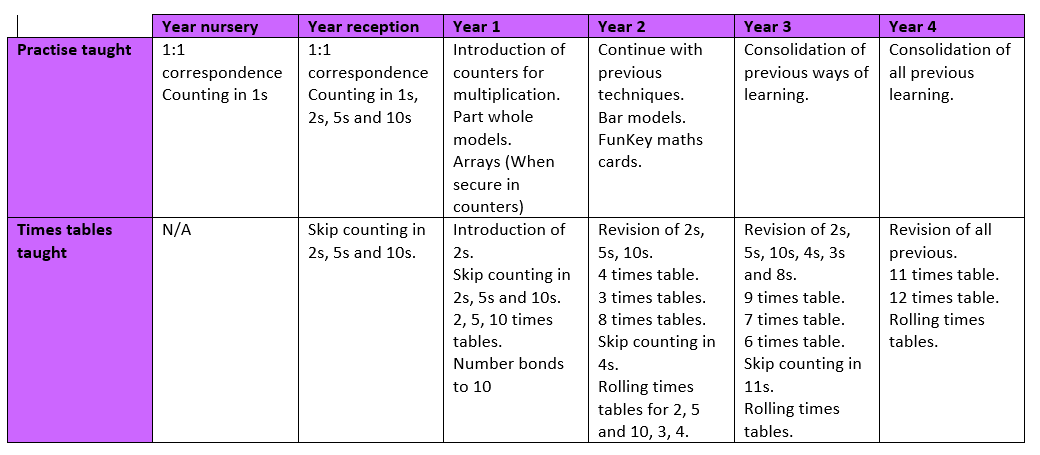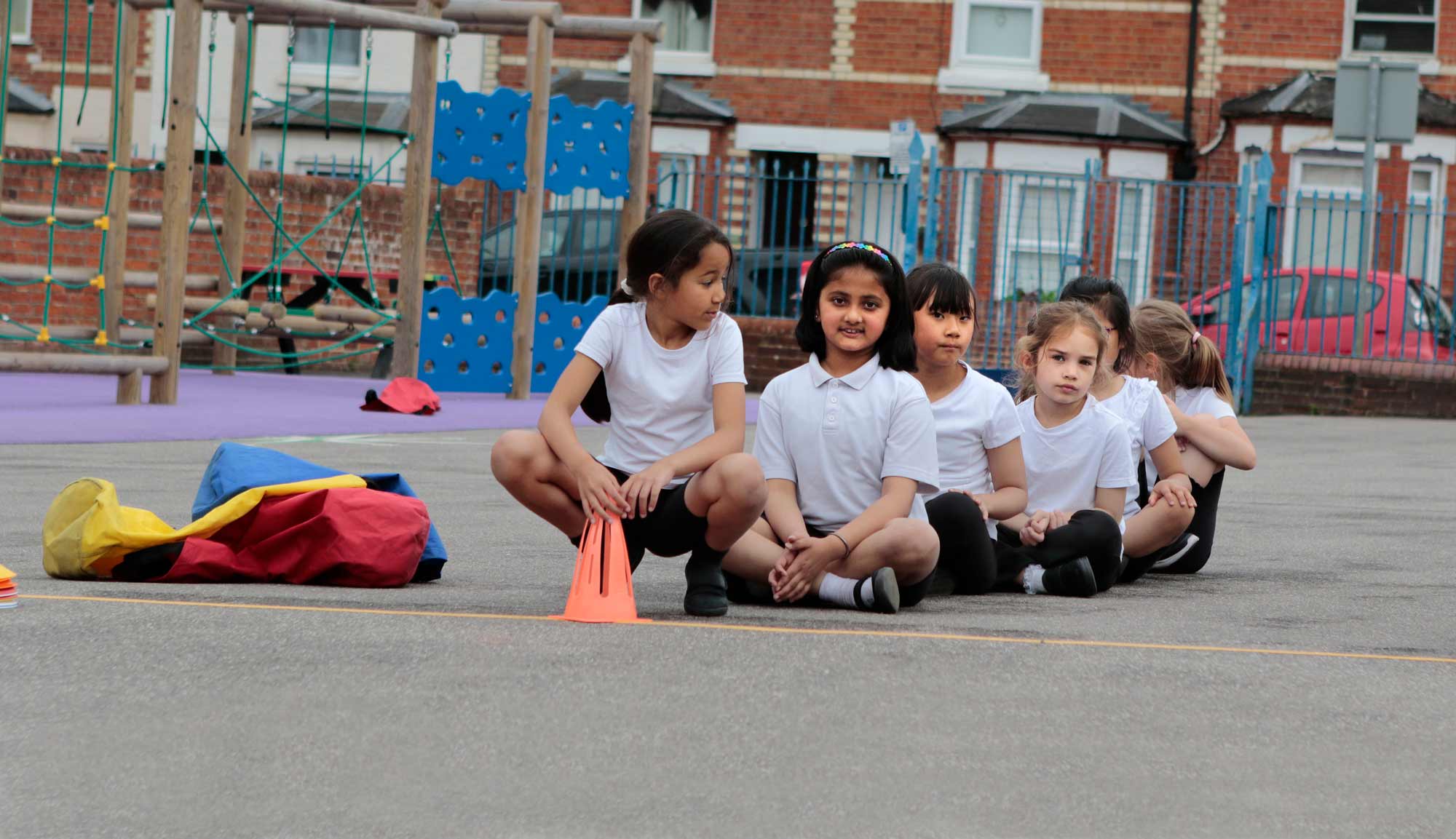Mathematics
Mathematics is the foundation for understanding the world, it is all around us and is connected to all areas of the curriculum. Mathematics is vital to science, technology, engineering and is necessary for financial literacy and most forms of employment. The study of mathematics encourages logical reasoning, creative thinking, effective written and verbal communication and problem-solving skills.
As Albert Einstein said ‘Pure mathematics is, in its way, the poetry of logical ideas.’
The Battle mathematics curriculum will support children to become confident mathematicians who are able to show resilience in seeking solutions to a range of problems using manipulatives and pictorial representations effectively.
Intent
Mathematics is an important and creative discipline that helps us to understand and change the world. At Battle Primary, we want all pupils to experience the beauty, power and enjoyment of mathematics and develop a sense of curiosity about the subject.
We believe ALL children can achieve in mathematics. By using a mastery approach to teaching mathematics, we aim to instil a deep and secure understanding of mathematical concepts and provide challenge through rich problems before acceleration through new content. New mathematical concepts are introduced using a ‘Concrete, Pictorial and Abstract’ approach; enabling all children to experience hands-on learning when discovering new mathematical topics, allowing them to have clear models and images to aid their understanding. Mathematical concepts are embedded and children can recall this information to see the links between topics in Maths.
Implementation
- To ensure full topic coverage, the school uses ‘White Rose’ as a basis for our Mathematical teaching. This is a whole-school primary maths curriculum that creates continuity and progression in the teaching of mathematics.
- The White Rose is supplemented with the Ready to Progress Criteria and I See Reasoning materials.
- Daily maths lessons include fluency, reasoning and problem solving.
- Learners are supported and challenged in lessons through questioning, resources and being challenged to think creatively about a problem.
- Concrete manipulatives and pictorial representations are used to support conceptual understanding and to make links across topics.
- Once a week, children who need some extra support take part in a half hour Pre- Teach session with their class teacher
- One session a week is a reviewing material lesson to support recall of key facts
- All children in Year 1 to 6 have a Times Table Rockstar Login and is used inside and out side school
- Children complete cold and hot tasks for each Block to assess their learning and to allow teachers to tailor lessons to their class
- Children are assessed on a termly basis using the Pixl QLAs.
- Once a week, children are given My Maths homework
- Reasoning questions will be visible in books where appropriate. See example below.

Times Tables
The EEF recent research has found that pupils should be able to recall their times tables quickly. Those who don’t may well have difficulty with more challenging maths later in school. It has found that just over half (54%) of pupils who are eligible for free school meals achieved the expected standard in maths by the end of primary school, compared to almost three-quarters (73%) of all other pupils. To support our children to close the attainment gap between advantaged and disadvantaged pupils, we teach time tables as shown in the table below to give our pupils a solid foundation as times tables link to most other areas of the curriculum. This will also support our pupils to be prepared for the MTC in Year 4.

Mastering Number Project
In EYFS , KS1, LKS2 and Year 5, the children will have a Mastering number session four times a week in KS1 and in Reception a session at least once a week. The program has been developed by the NCETM and the aims of the program are:
- Pupils to clearly communicate their mathematical ideas
- Pupils to develop a secure understanding of number facts for a firm foundation in the subject
- Pupils and teachers to develop an understanding of appropriate manipulatives to use
Intervention
At the start of the year, all pupils are tested on the Ready to Progress criteria. for the previous year so that gaps can be targeted throughout teaching. The pupils for Number Stacks intervention are identified from these assessments. The teachers will use this information to incorporate Ready to Progress support materials to close whole class gaps.
Impact
As a result of our Maths teaching at Battle Primary Academy you will see:
- Engaged children who are all supported and challenged
- Confident children who can all talk about Maths and their learning and the links between Mathematical topics
- Children can apply their mathematical understanding to a range of situations successfully
- Lessons that use a variety of resources to support learning
- Different representations of mathematical concepts
- Learning that is tracked and monitored to ensure all children make good or better progress

